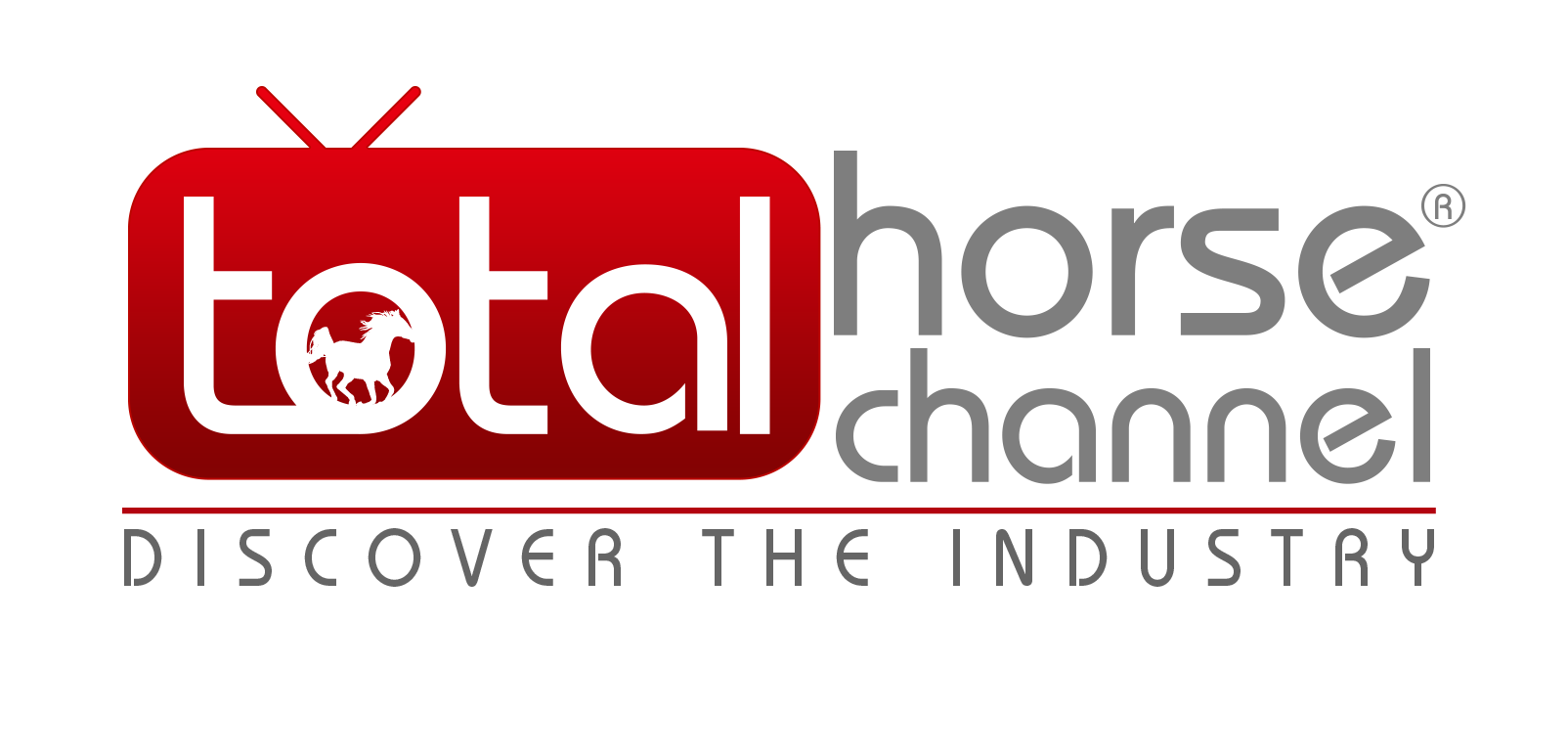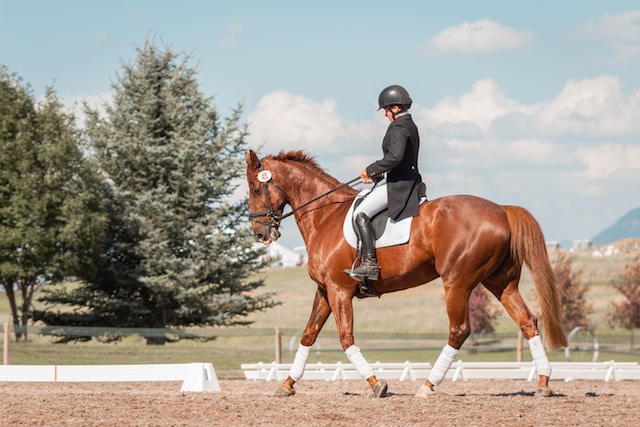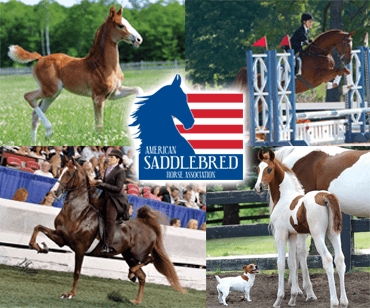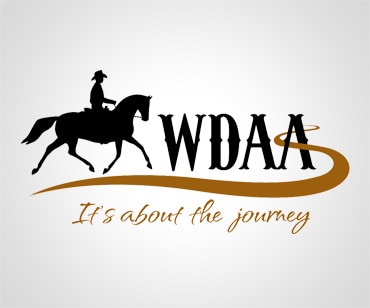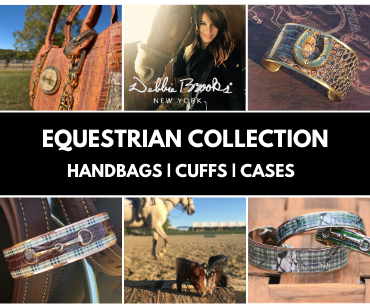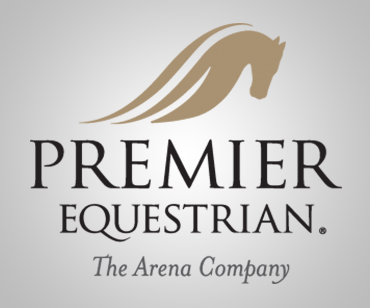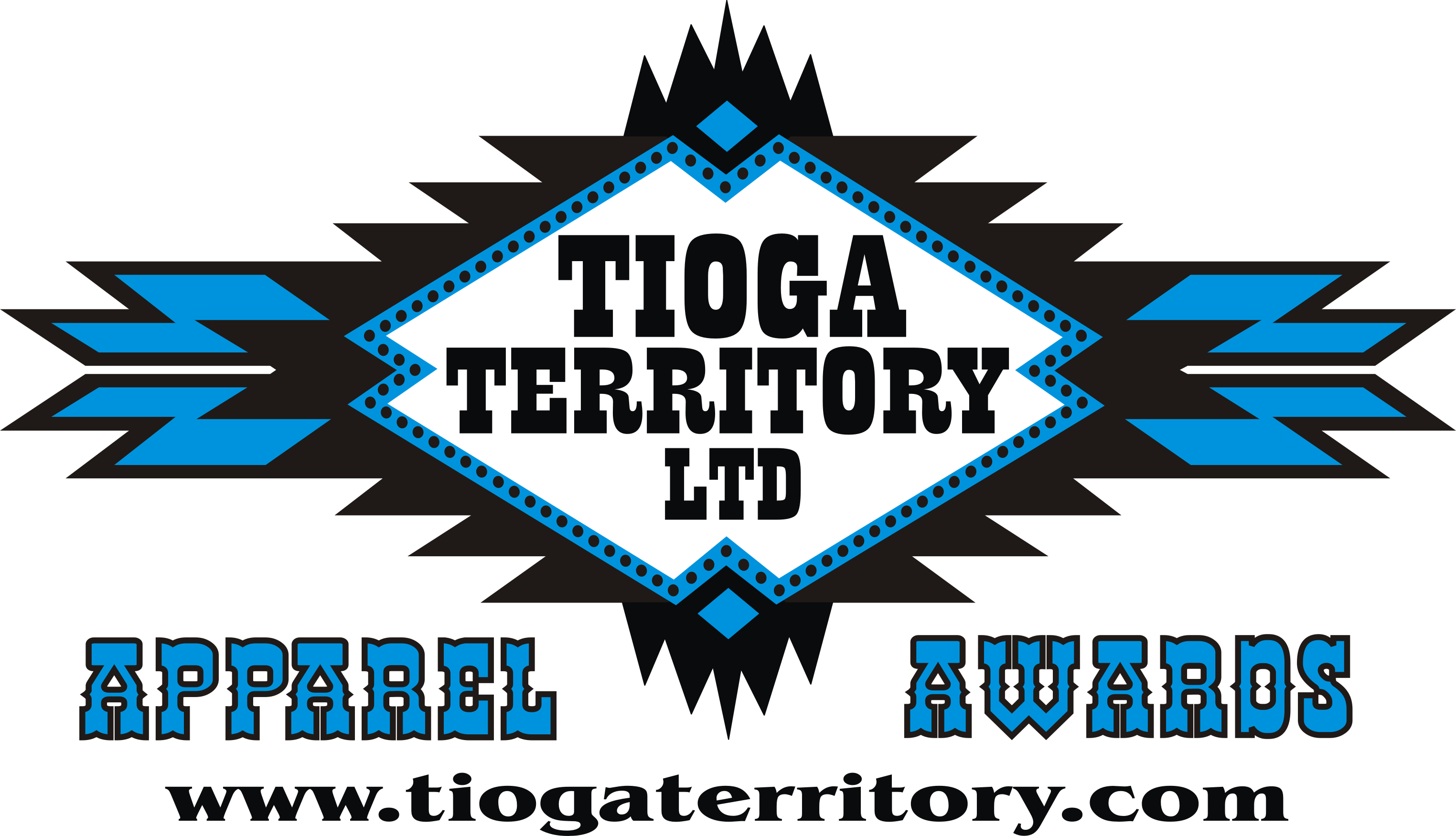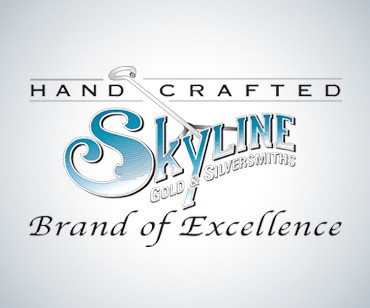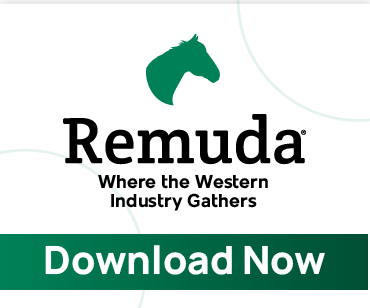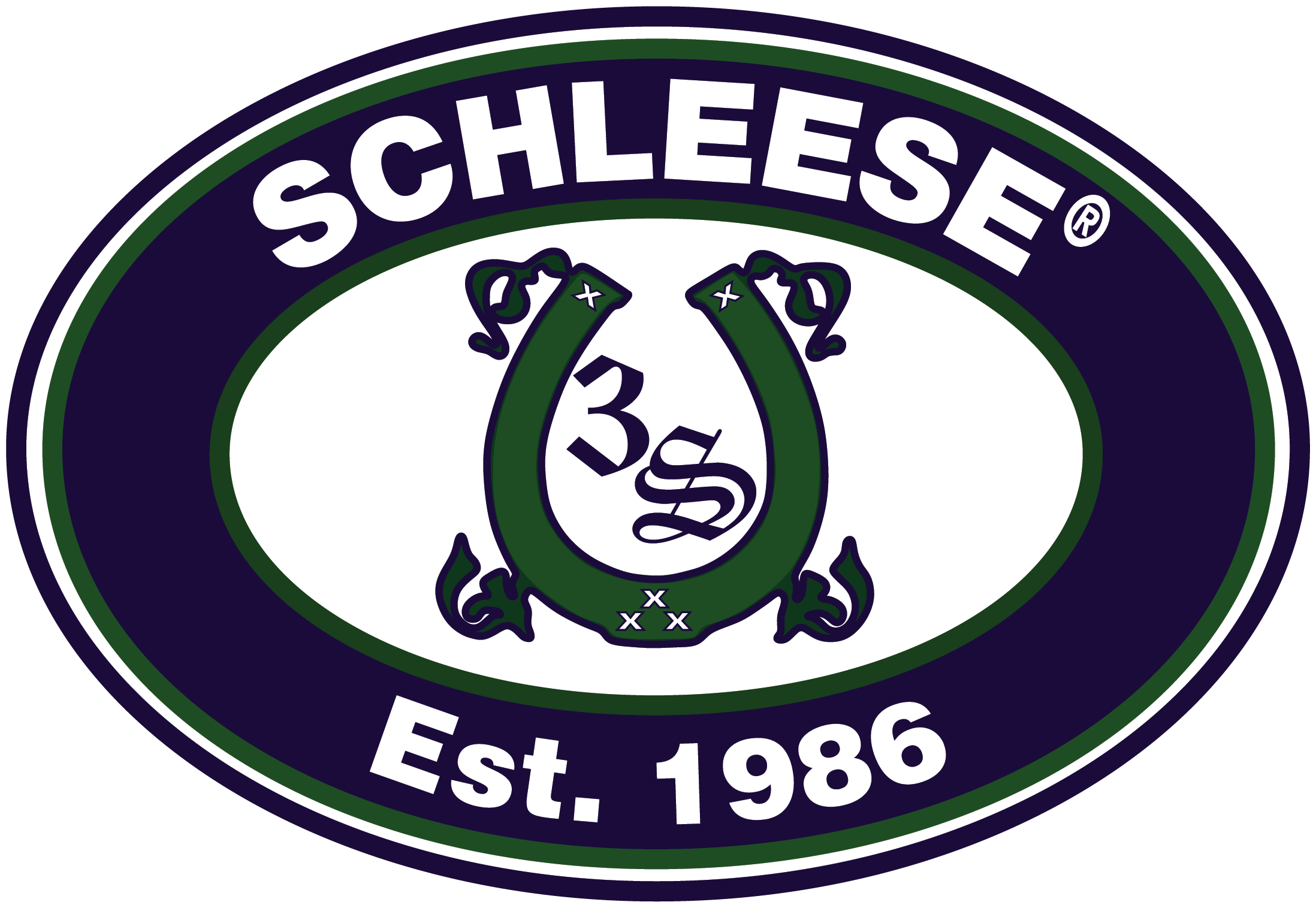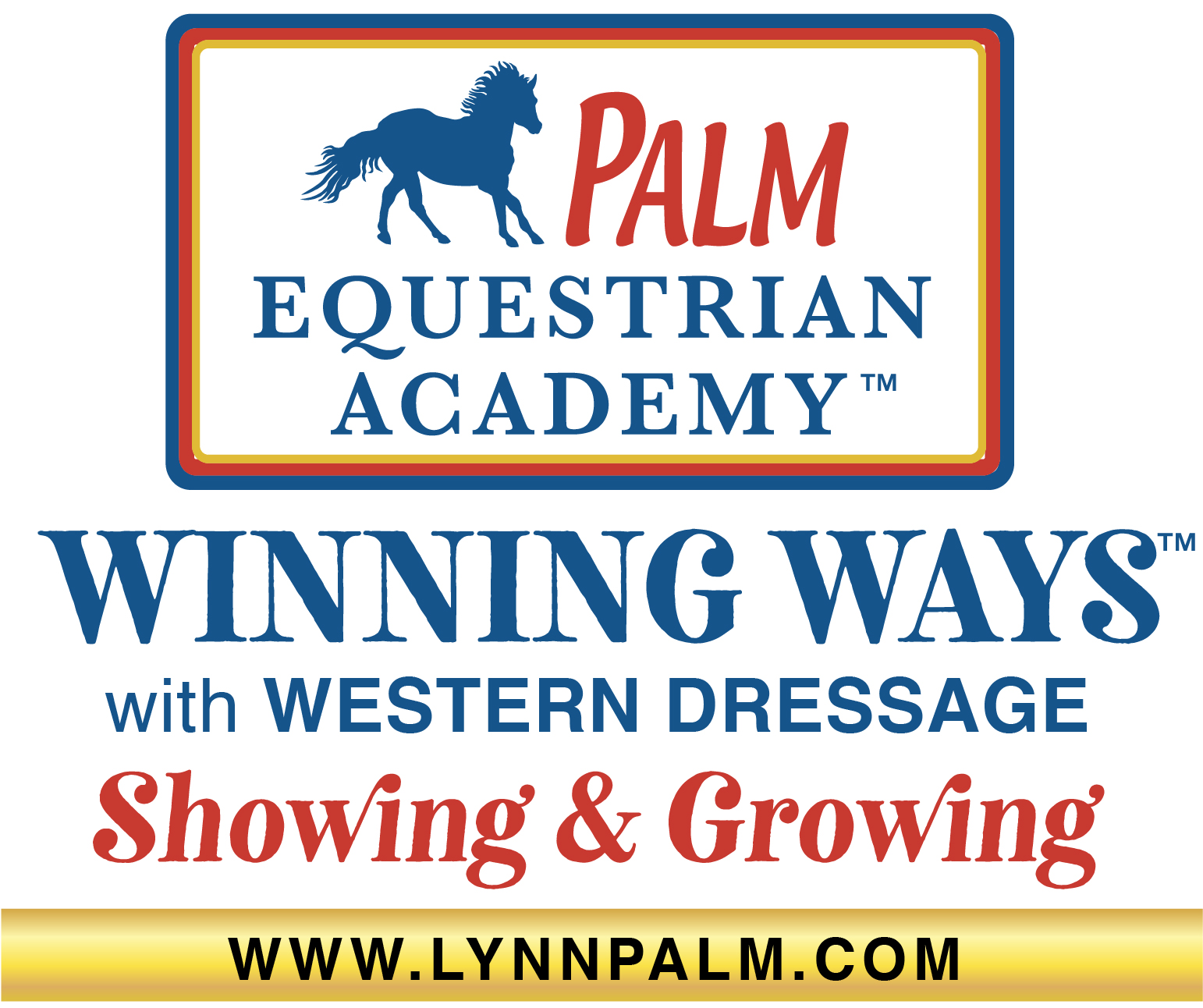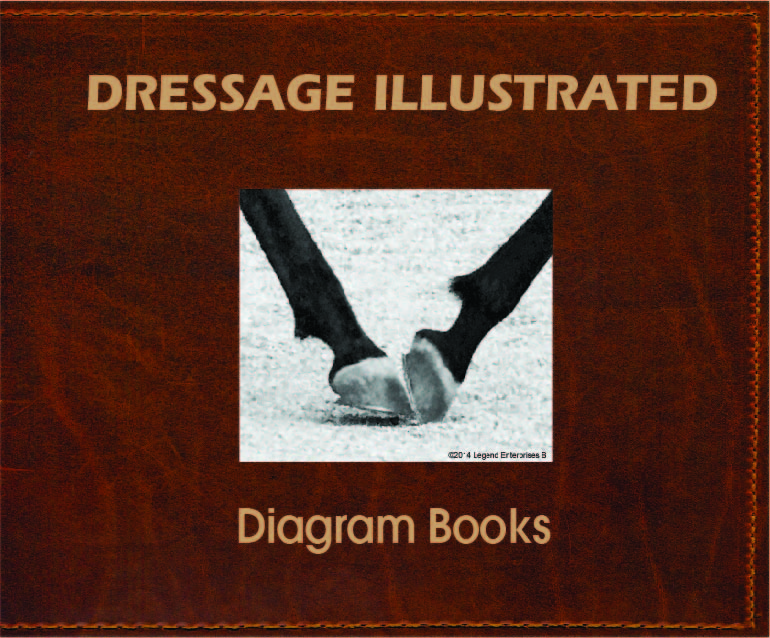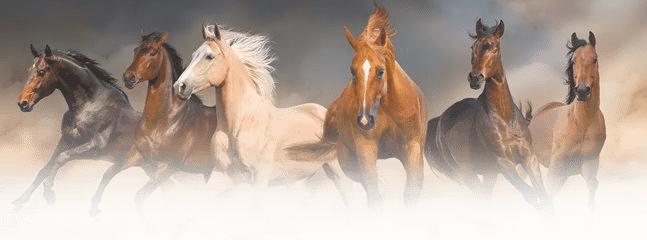The bond between a horse and its owner is unlike any other, built on trust, respect, and shared adventures. However, horse ownership comes with great responsibilities, and there’s much more to it than riding off into the sunset. Whether you’re a seasoned horse owner or a soon-to-be one, there are crucial aspects of equine care and management that every horse owner should be well-versed in.
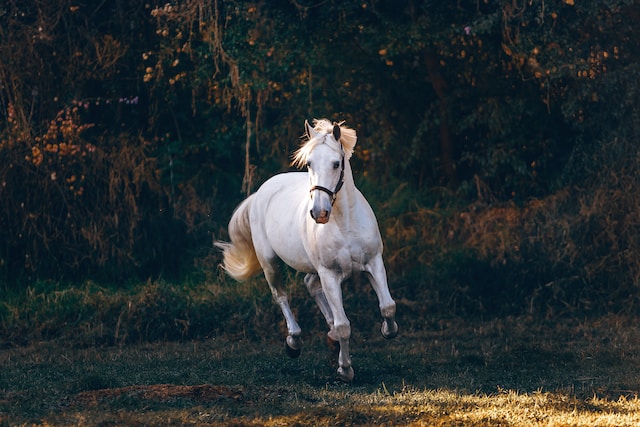 Image source: https://unsplash.com/photos/bunLmHpu1hg
Image source: https://unsplash.com/photos/bunLmHpu1hg
Proper Nutrition and Feeding Practices
Nutrition plays a pivotal role in maintaining your horse’s health and performance. A balanced diet is essential to ensure your horse receives the necessary nutrients for optimal growth and energy levels. Different breeds, ages, and activity levels require specific feeding practices, and it’s crucial to consult with a veterinarian or equine nutritionist to tailor a diet that suits your horse’s individual needs. Quality Forage Plus food can provide the right nutrition for your horse and keep it healthy. Additionally, understanding which plants are toxic to horses and recognizing signs of dietary issues can prevent potential health hazards.
Understanding Equine Behavior
A fundamental aspect of being a responsible horse owner is understanding equine behavior. Horses are incredibly intuitive creatures that communicate through body language and subtle cues. Knowing how to interpret their behaviors will not only enhance your relationship but also prevent potential accidents or misunderstandings. Familiarize yourself with their herd dynamics, social structures, and common stress triggers. By doing so, you can provide a safe and enriching environment that promotes your horse’s mental and emotional well-being.
Equine Health Care and Routine Maintenance
Keeping your horse in top condition requires regular health care and maintenance. Routine vaccinations, dental check-ups, hoof care, and deworming are vital to prevent illnesses and ensure your horse’s well-being. Learn how to conduct basic health checks and recognize signs of distress or injury. A proactive approach to equine health can save you from costly veterinary bills and, more importantly, contribute to a long and happy life for your beloved companion.
The Importance of Proper Tack and Fitting
Using ill-fitting tack is not only uncomfortable for your horse but can also lead to serious health issues and behavioral problems. Understanding the various types of saddles, bridles, bits, and other equipment is essential, but equally important is knowing how to properly fit them. Invest time in learning about saddle fitting and seek professional assistance when necessary. A well-fitted tack ensures your horse’s comfort and allows for better communication between you and your equine partner.
Safe Handling and Groundwork Techniques
Before even getting in the saddle, it’s crucial to master safe handling and groundwork techniques. Properly leading, tying, grooming, and lunging your horse are essential skills that lay the foundation for a respectful and cooperative partnership. Groundwork helps establish trust and establishes you as a confident and reliable leader in your horse’s eyes. Moreover, it allows you to assess your horse’s mood, physical condition, and responsiveness before riding, reducing the risk of accidents and ensuring a more enjoyable experience for both of you.
Environmental and Pasture Management
Creating a healthy and horse-friendly environment is essential for your equine companion’s well-being. Adequate shelter, access to clean water, and well-maintained pastures are crucial factors to consider. Implement pasture rotation to prevent overgrazing and ensure a balanced diet for your horse. Regularly inspect and maintain fences, water troughs, and barn structures to provide a safe and secure living space. Environmental enrichment, such as providing toys or companionship, can also alleviate boredom and promote mental stimulation.
Emergency Preparedness
As a responsible horse owner, being prepared for emergencies is a must. Familiarize yourself with basic first aid techniques for horses and assemble a comprehensive equine first aid kit. Knowing how to address common injuries or ailments until veterinary assistance arrives can be lifesaving. Additionally, have a contingency plan in place for natural disasters or evacuation procedures. Being proactive in emergency preparedness will give you peace of mind and ensure that you can respond quickly and effectively should any unforeseen circumstances arise.
Image source: https://unsplash.com/photos/9h_bJdGqzCk
Owning a horse is an incredibly rewarding experience, but it also demands a wealth of knowledge and dedication. By understanding equine behavior, nutrition, and health care, you can ensure the well-being and happiness of your horse. Proper tack fitting and safe handling techniques build a strong foundation for a harmonious partnership, while environmental management and emergency preparedness demonstrate your commitment to your horse’s safety and security. Embrace these essential aspects of horse ownership, and you’ll be well-equipped to provide your equine companion with the love and care they deserve, fostering a bond that will last a lifetime.
